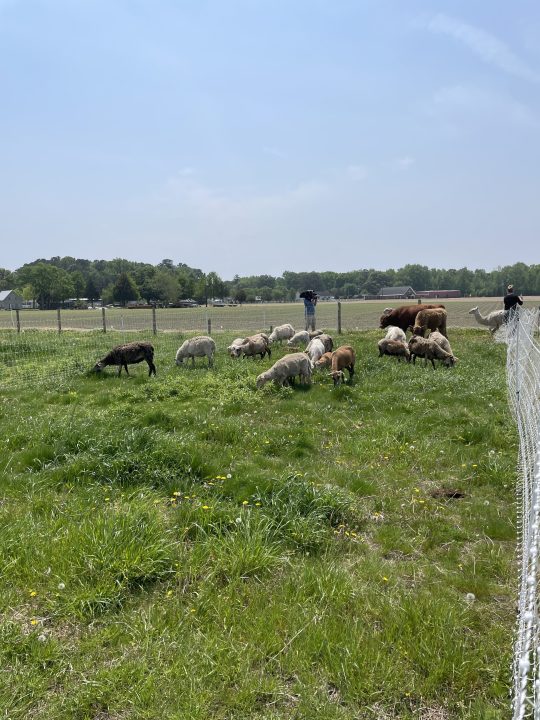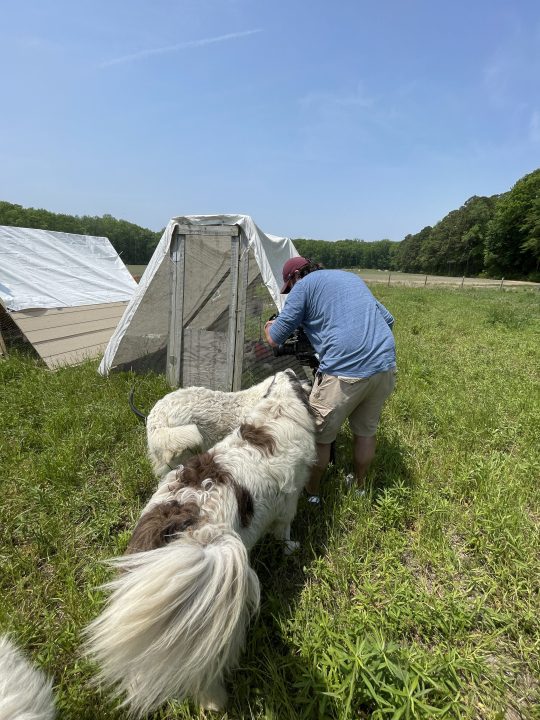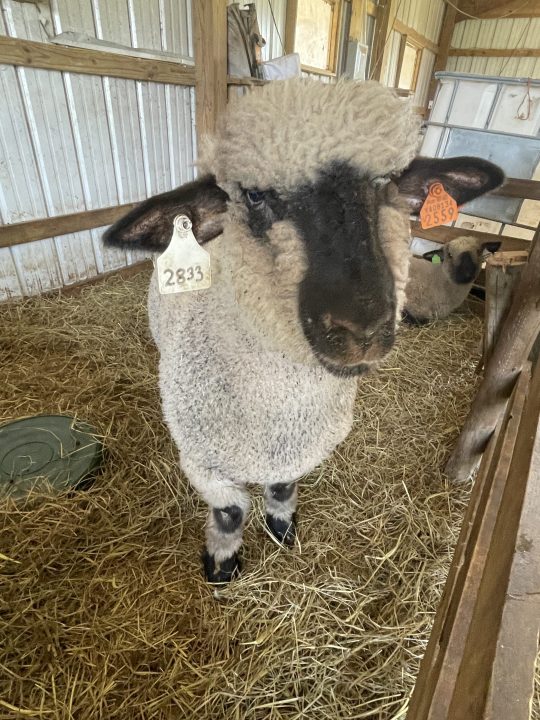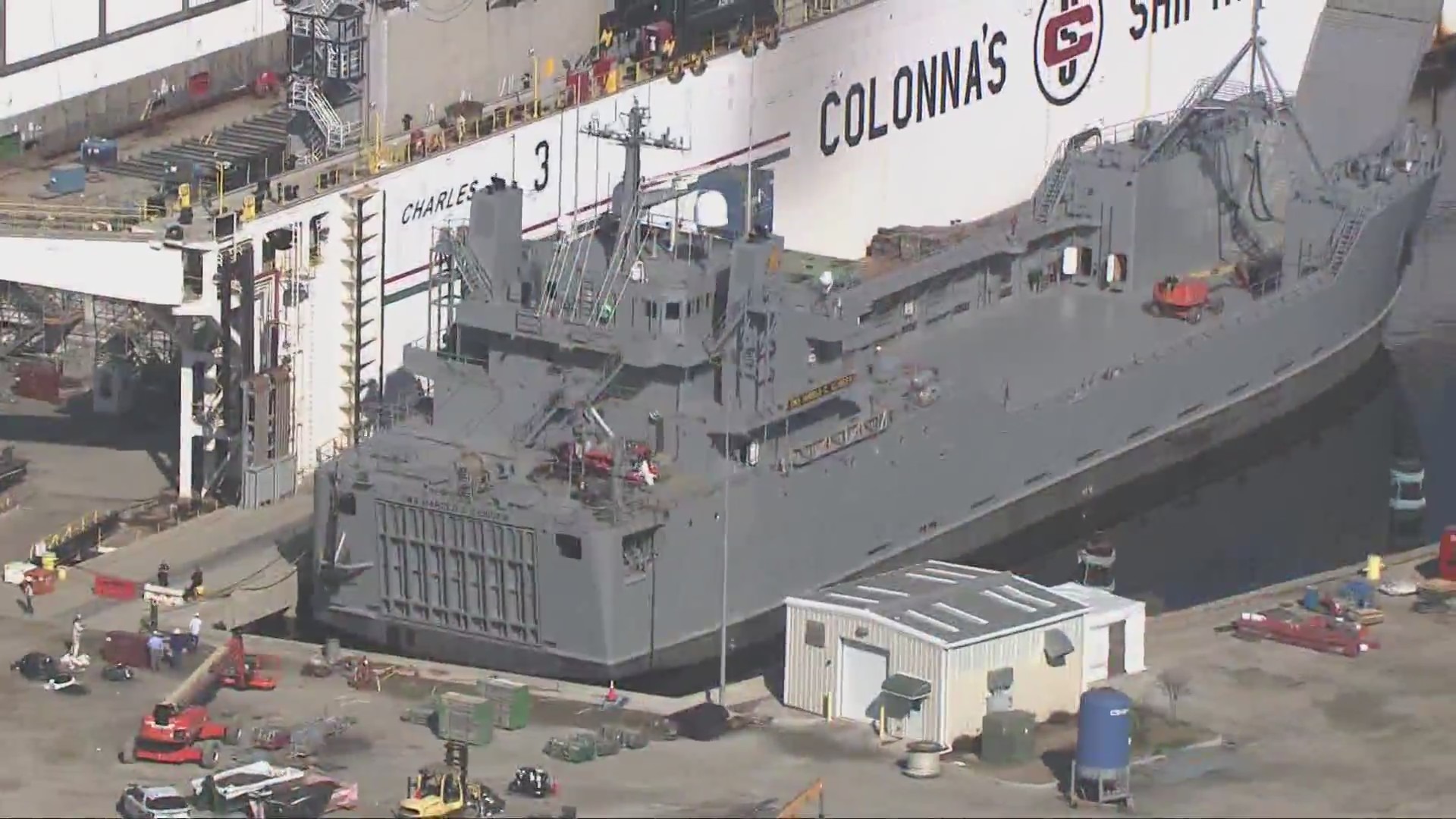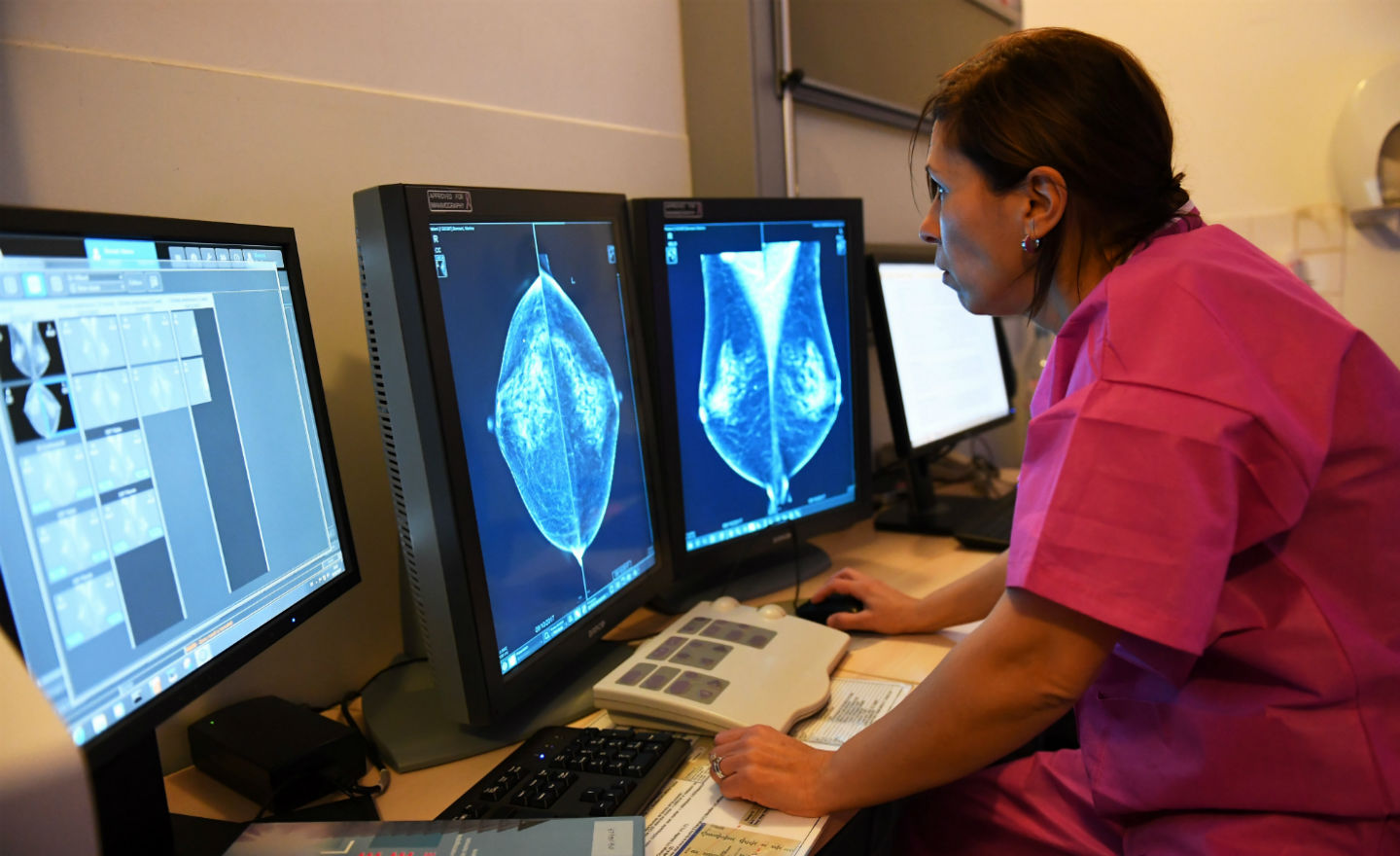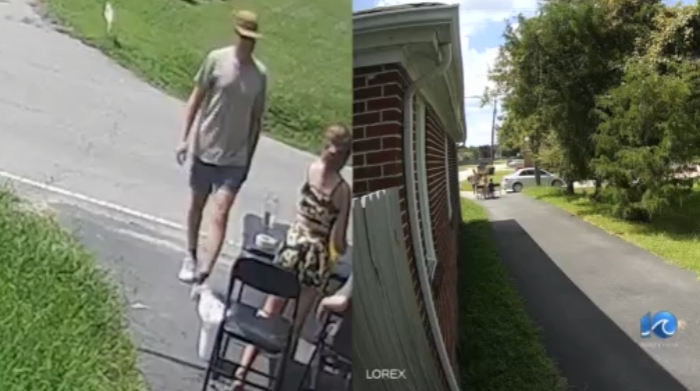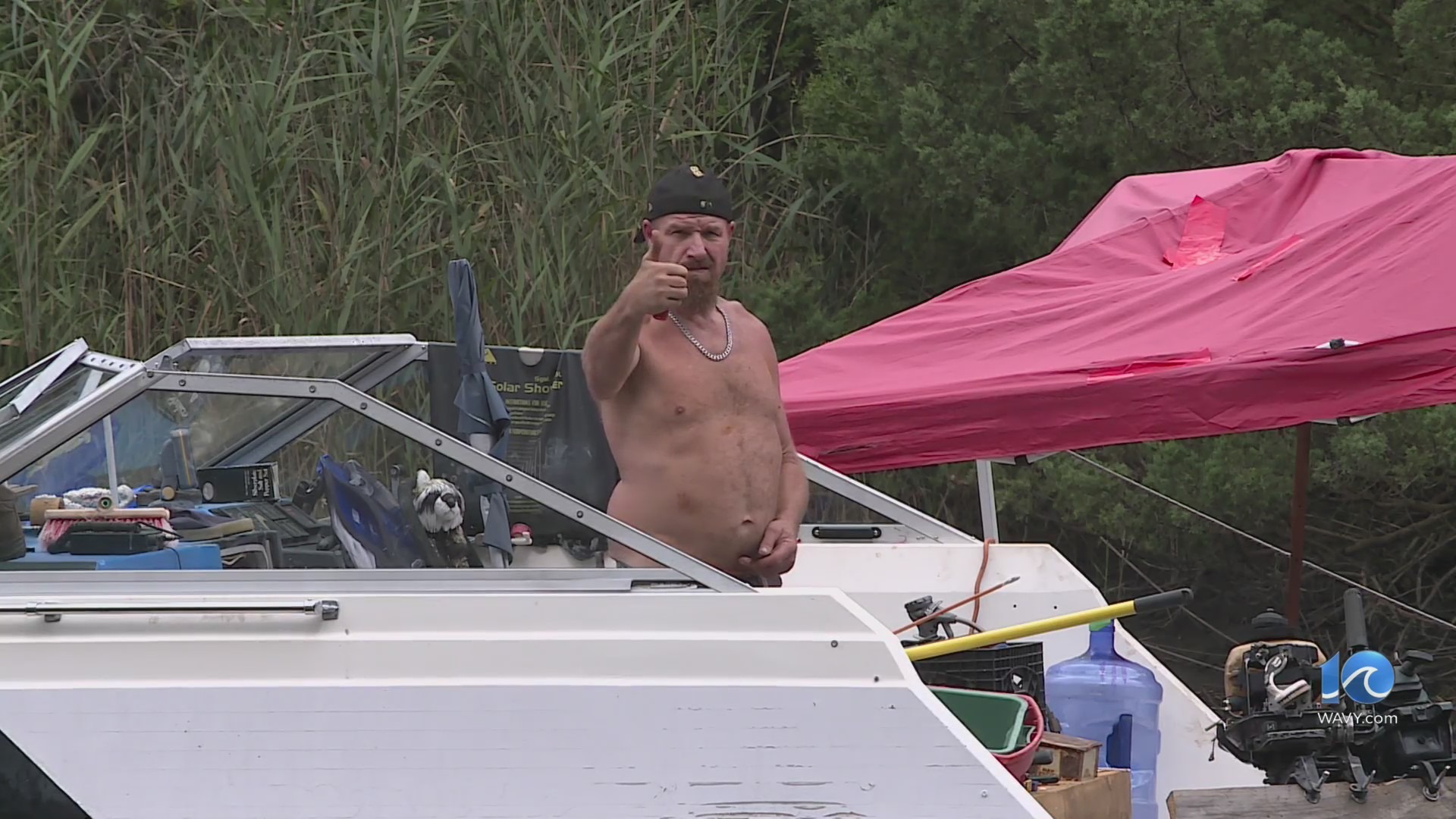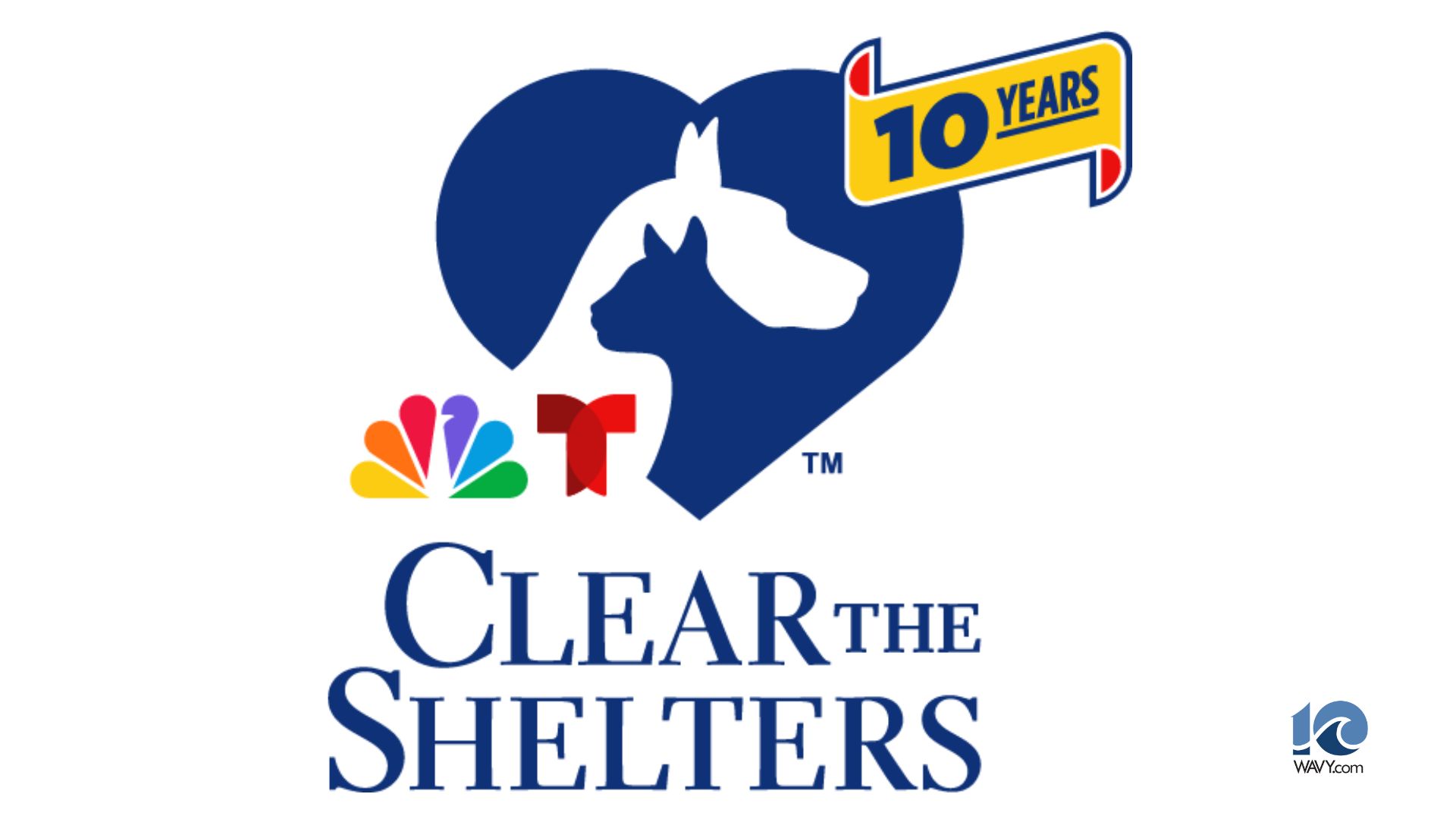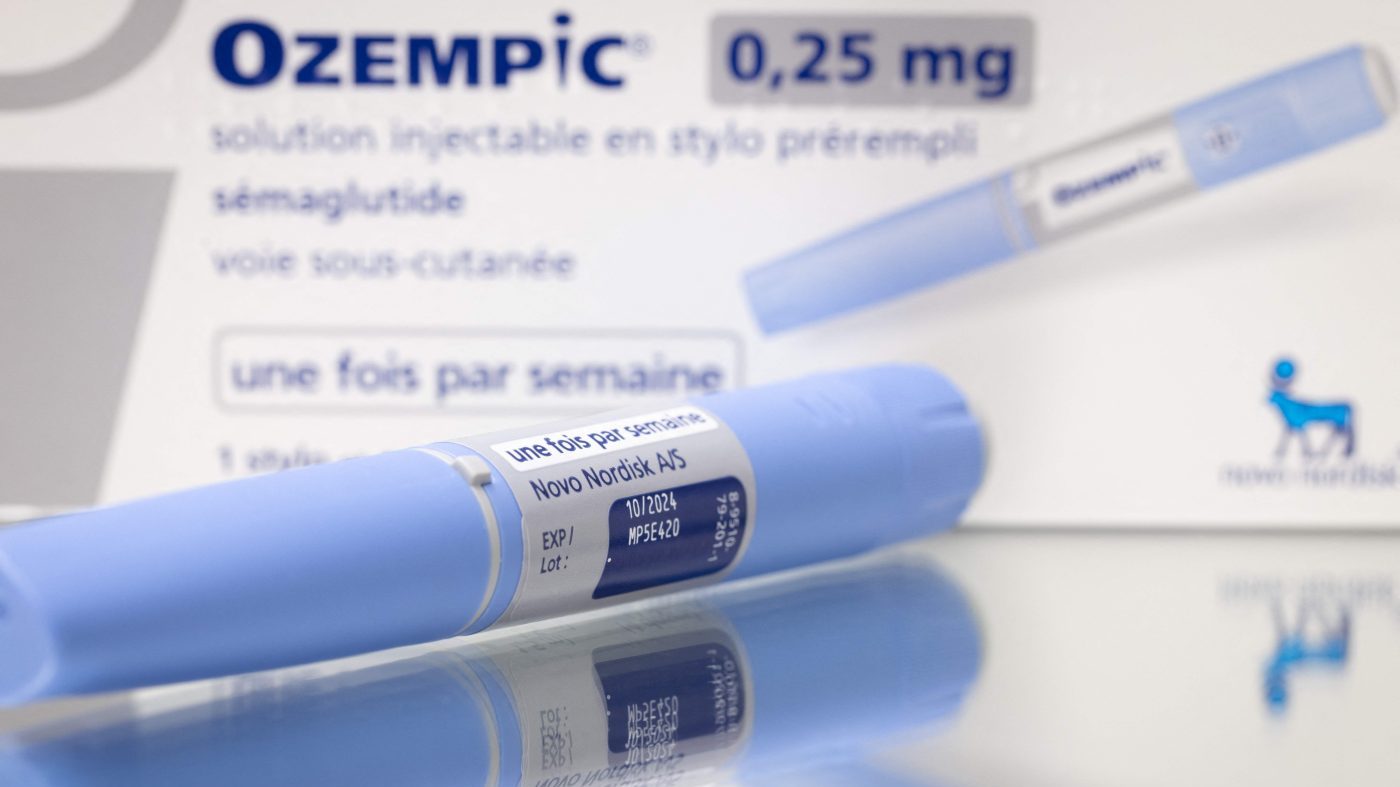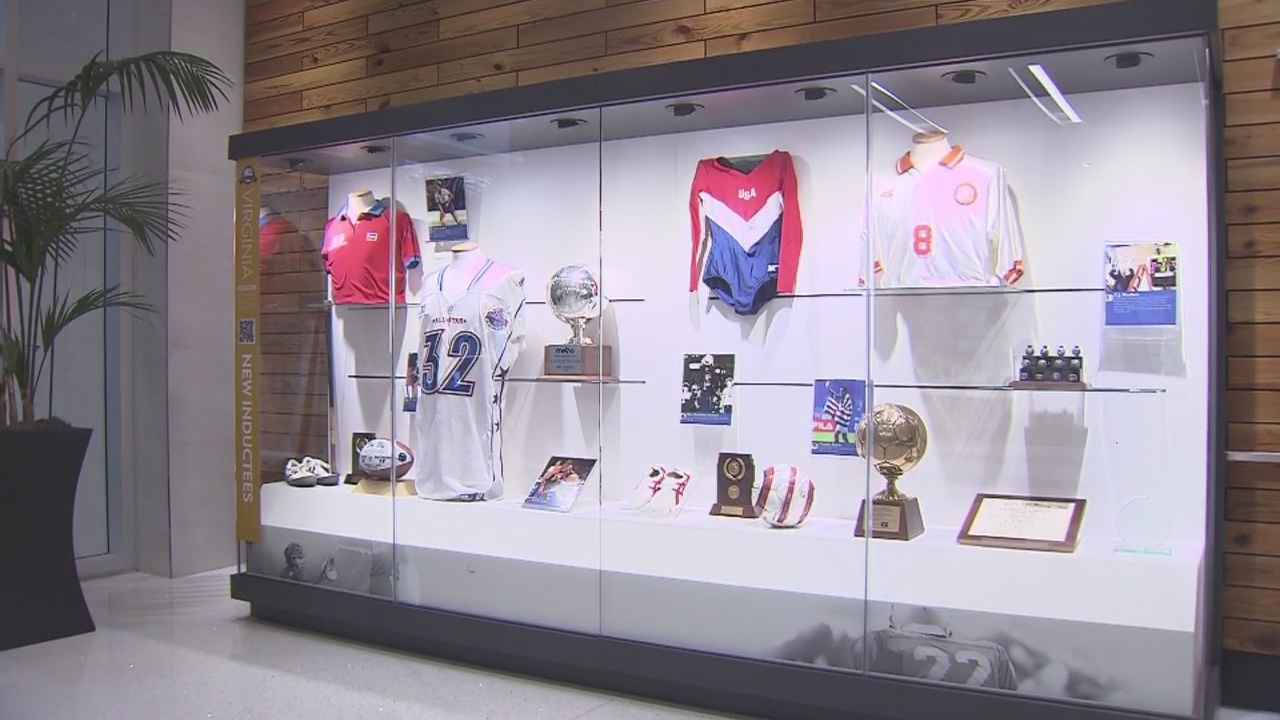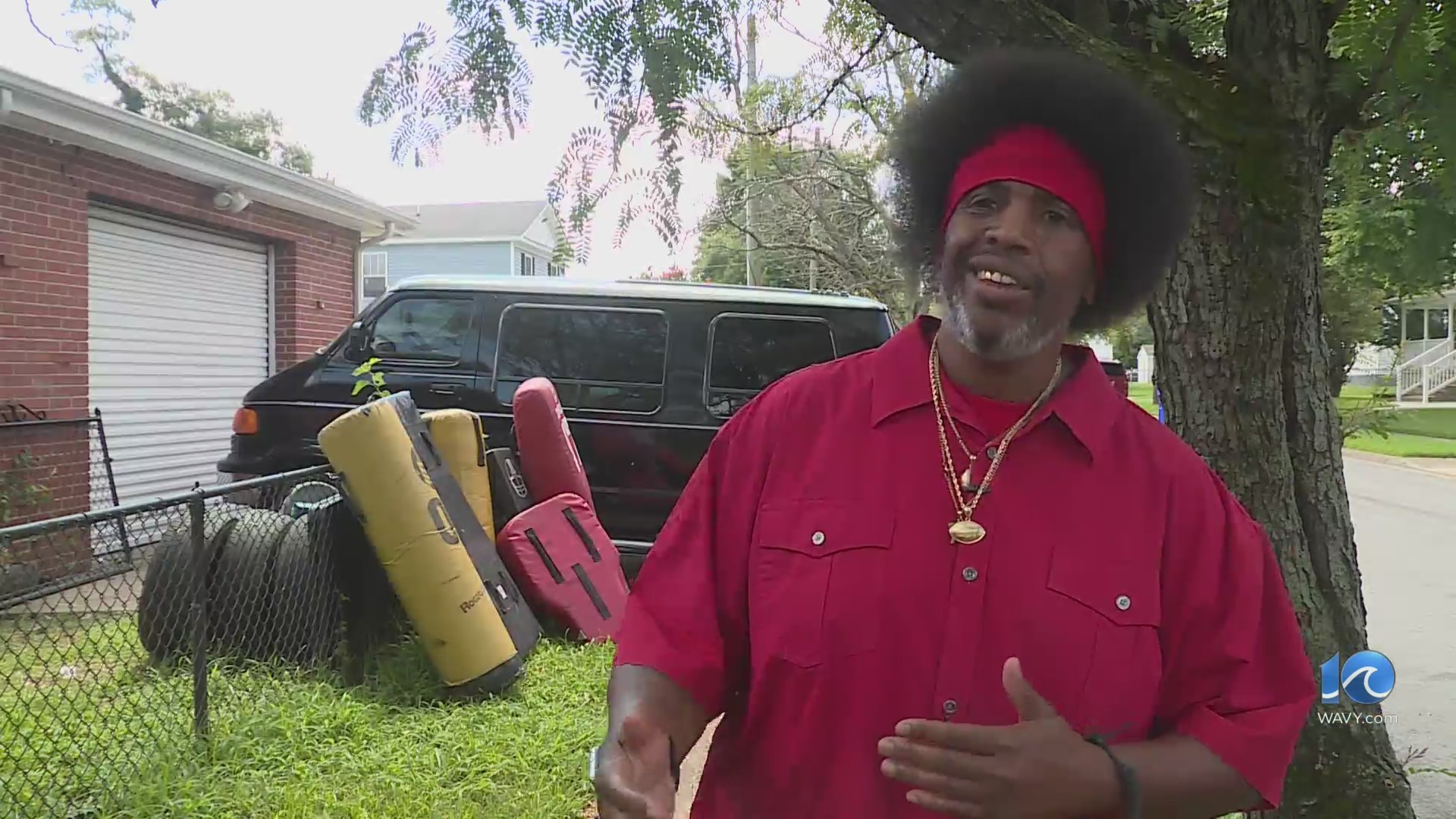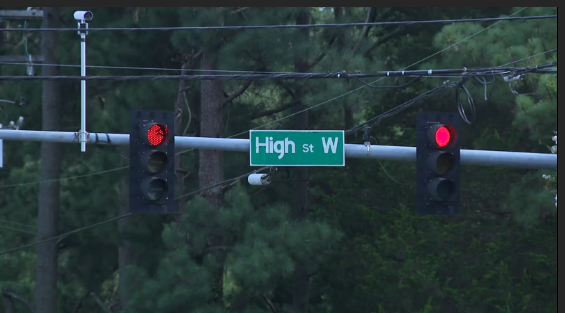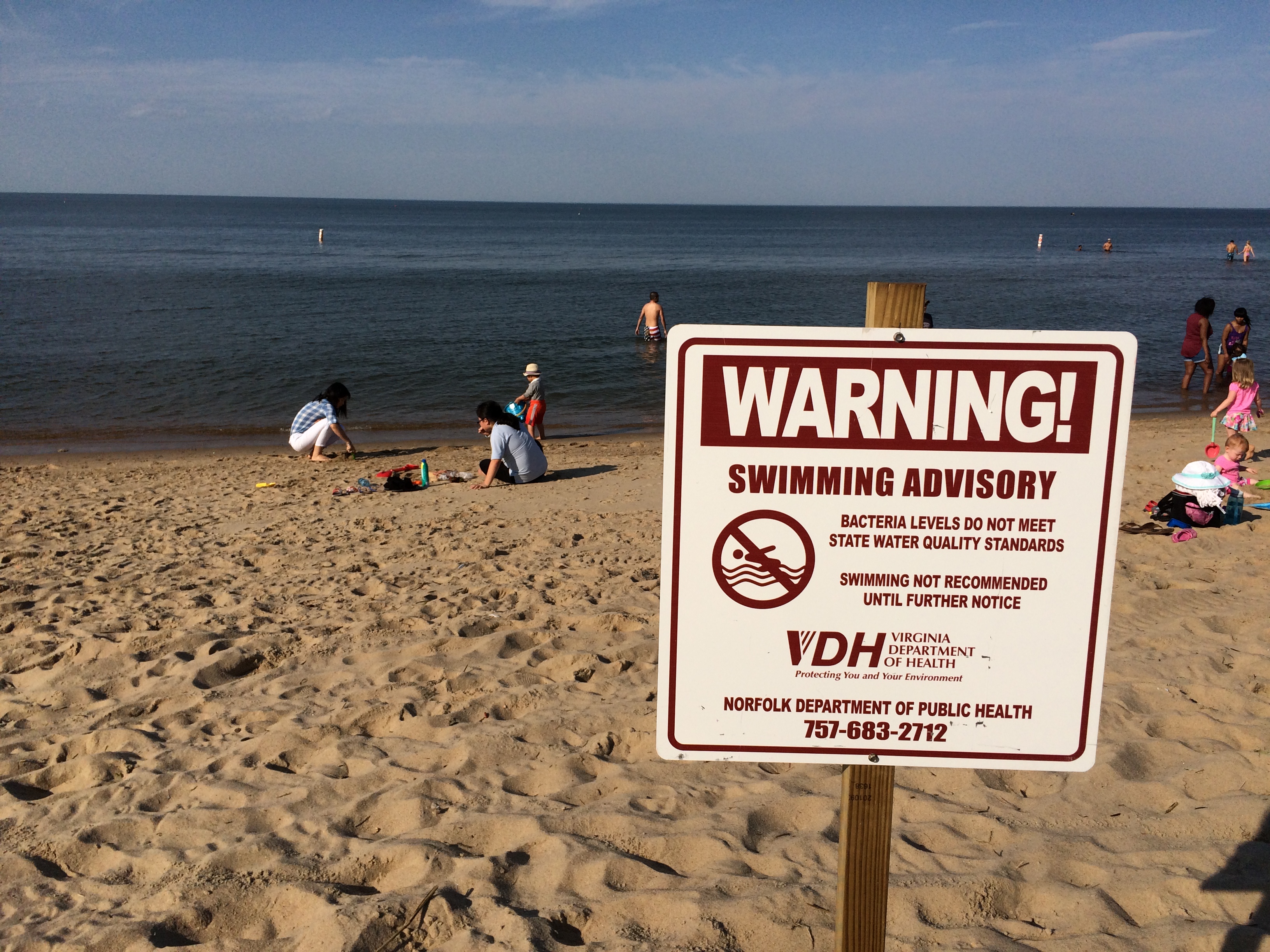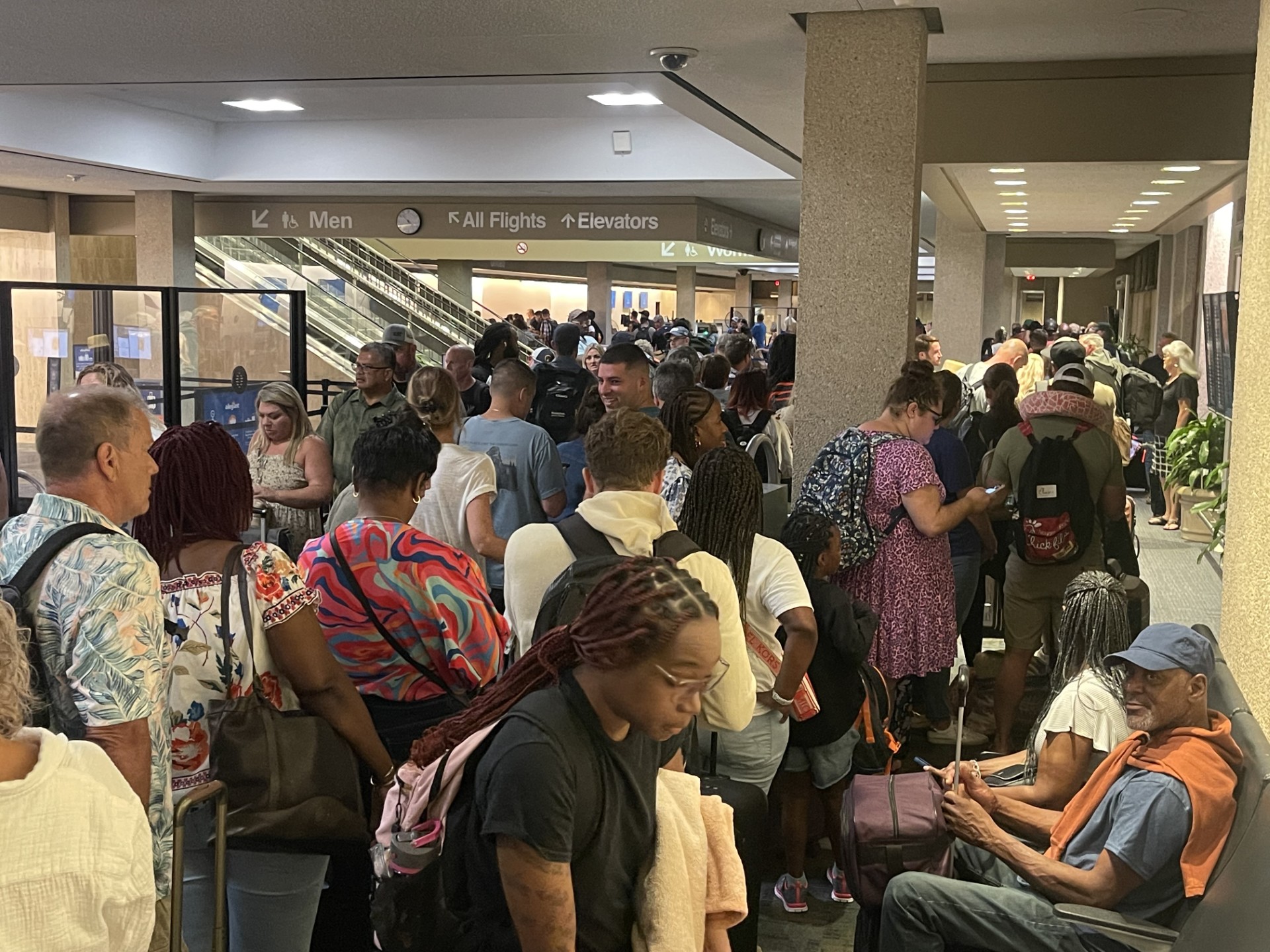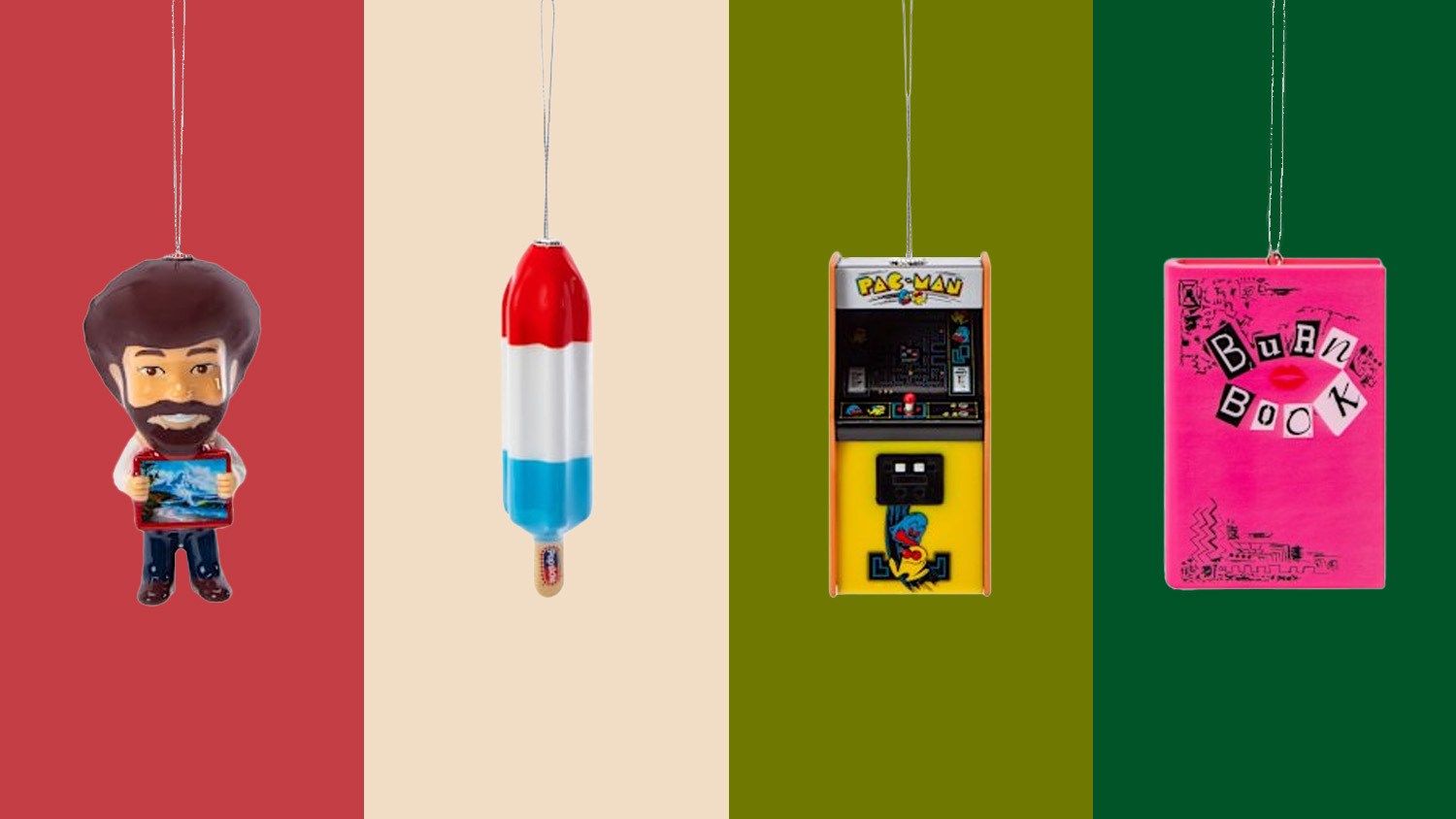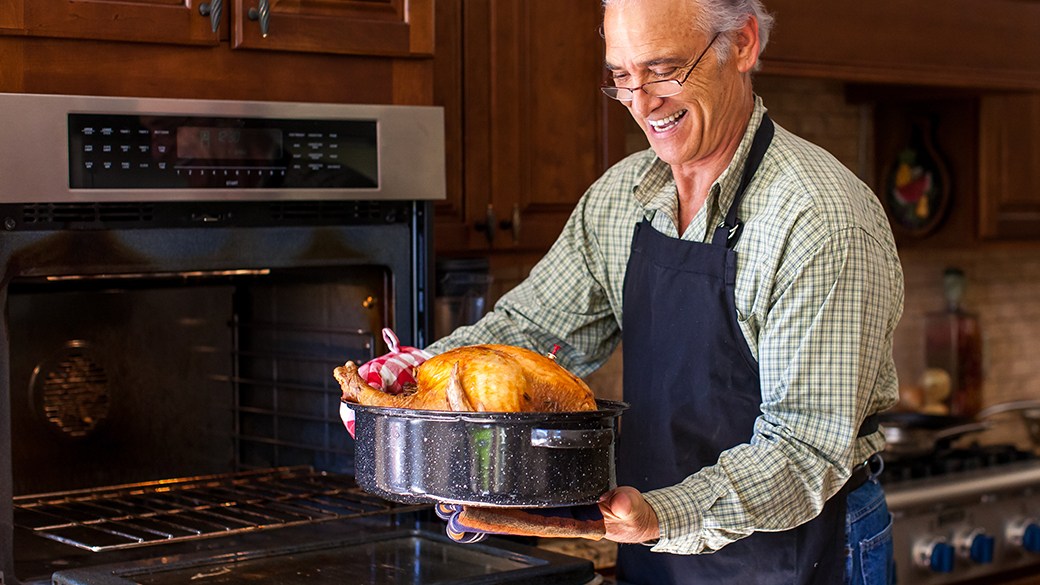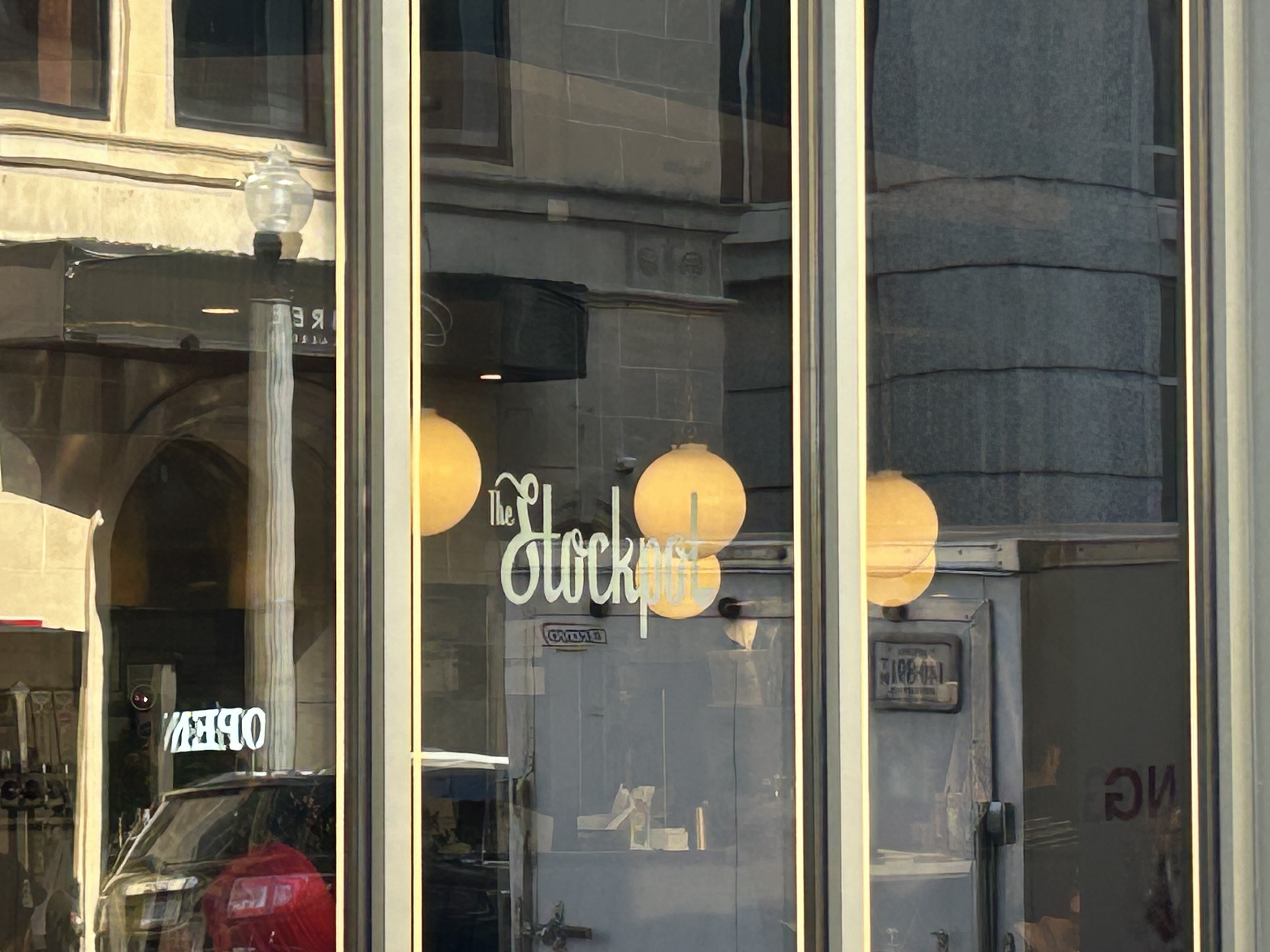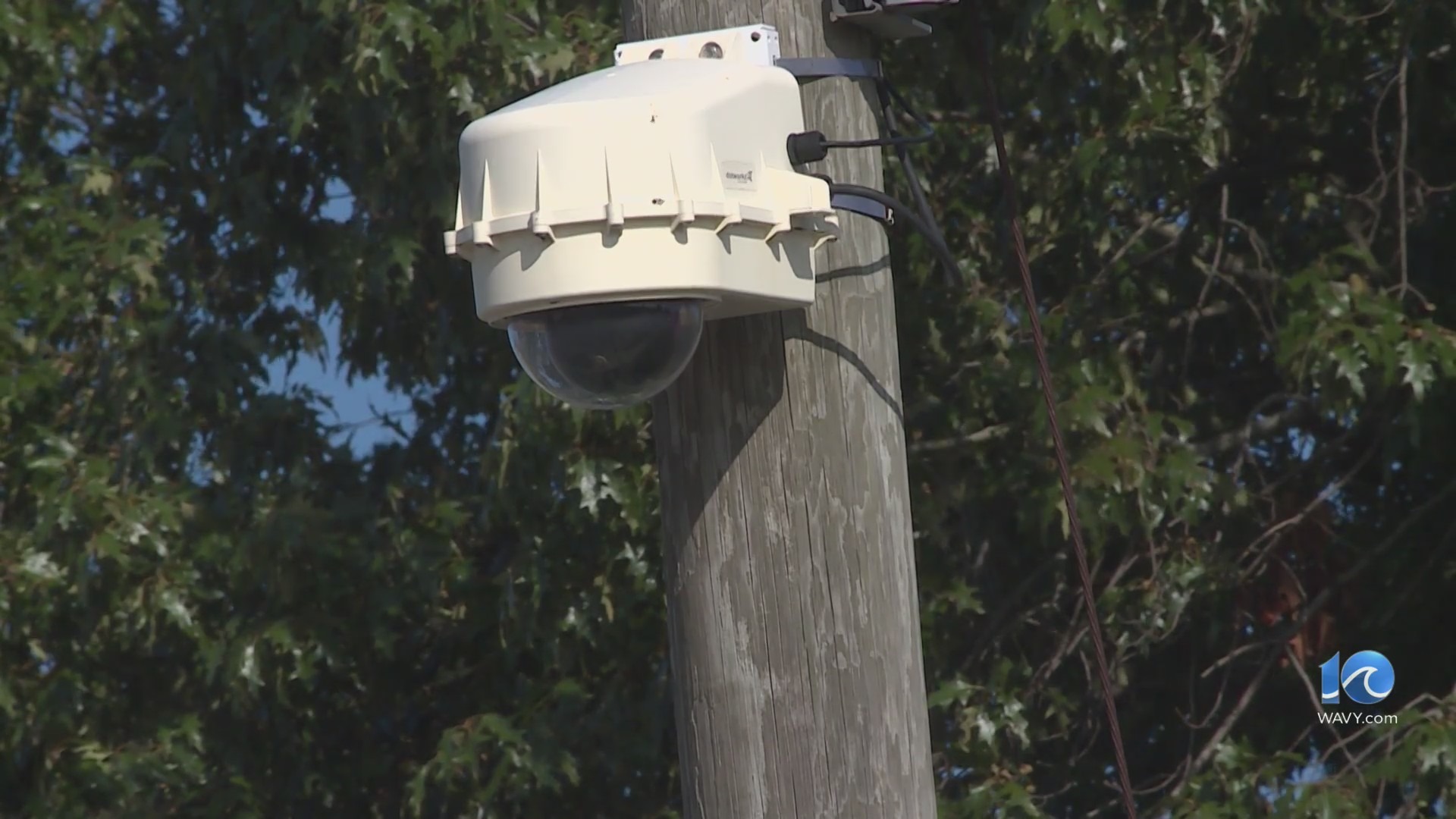VIRGINIA BEACH, Va. (WAVY) — Unless you work in agriculture, you probably don’t think much about the soil.
There’s a movement to change that. It’s called “Save Soil” and volunteers believe it’s key to preventing food and water scarcity worldwide.
It was 2018 when Kelly and Chris Shepherd started “What the Farm.“ They’re a military family with no prior farming experience, but after an overseas assignment in Australia, they were inspired to make a change.
Specifically, they were intrigued by how food was produced differently, without preservatives.
“Food should be fresh, it should go bad,” Kelly said.
In the last four years, they’ve grown their farm and now raise chickens, pigs, livestock, and more.
Their farming practices aren’t necessarily typical, but they’re hoping it catches on.
“So we do regenerative farming, we practice multi-species in a rotation, by keeping everything moving, the animals with each other do enough disturbance to the earth and drop their waste, which then after we move them, that disturbance and that waste sits there, for a period of time, long enough to let the land heal, regenerize the soil, heals the soil, and then grass grows and we keep that cycle growing,” Chris said.
Their mission is to do good for the soil, do good for the animals, and do good for the community — with a big focus on the soil.
“The health of the soil directly impacts the health of the food that we eat, you know, the more nutrients and minerals that are in the soil, those end up in the food that we actually consume,” said Kelly. “It’s just, it is a new way of thinking.”
The Sheperds are not the only ones on this mission.
“All of our food, so many of our resources come from soil,” said Leslie Crespi, Save Soil Volunteer Coordinator. “Wen soil is degraded, that impacts the nutrient levels in the soil, that impacts the amount of food that’s produced and that significantly impacts our health.”
Save Soil is a national group working to raise awareness about soil degradation, which means there is a physical, chemical and biological decline in soil quality. They say more than half of the world’s soil is already degraded. If that continues, it could mean food and water scarcity.
“In order for us to continue to have enough food, that we’re going to have to take care of the soil where we grow that food,” Kelly said.
So the Shepherds will keep at it, hoping these methods catch on for the future of the planet.
Chris said, “if we can do some things to heal the soil, then we’re all about it.”
You can find more information about Save Soil by clicking here.
